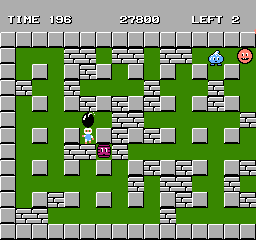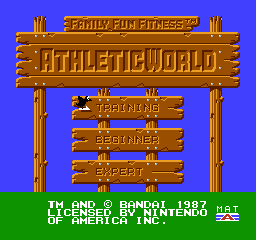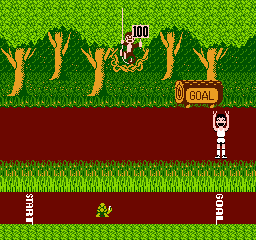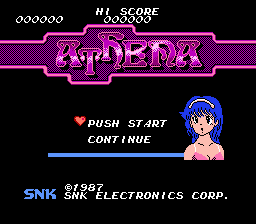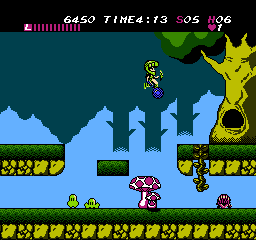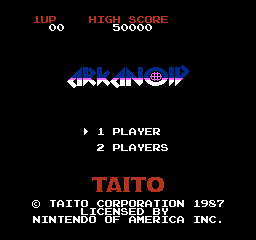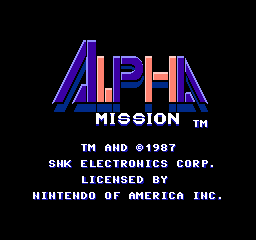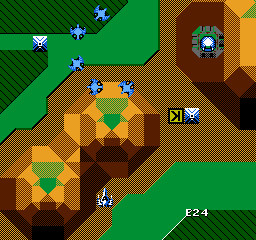Publisher: Hudson Soft
Year: 1987
Genre: Action
Bomberman is a game about a little robot guy who, presumably, lives in a dytopian future where sentient robots are relegated to menial production jobs and all structures are comprised of a combination of bricks and blast doors. Bomberman’s deepest wish is to become human, and he heard a rumor that any robot who makes it to the surface becomes human and gets to star in a considerably less fun game. As such, the bomb-making droid sets out on a quest to escape his dull factory existence and kill everyone in his path, a plan that is, frankly, awesome.
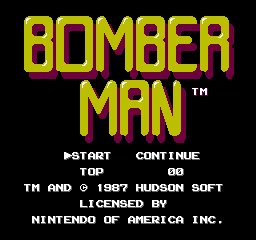
Arguably one of Nintendo’s greatest strengths has always been the ability of their publishers to create compelling characters that stand the test of time. Character concepts that stick with people by not trying to capitalize on “edgy” concepts the way that a lot of products of the 80’s and early 90’s did, but rather giving us silly, lovable figures that we can enjoy without added baggage. We love Mario because his defining characteristics are saving princesses and jumping on turtles. We love Kirby because his defining characteristics are self-inflation and eating everything in his path. We love Bomberman because he blows things up.
I guess what I’m trying to say is, this game is not good. I mean, really lousy. It is inconsistent, unforgiving and brutal in ways that are consistent with programming issues rather than deliberate efforts to make a hard game. Its controls are sticky and touchy at the same time, and the positioning of bombs can be genuinely bewildering. There is nostalgic value to the game, of course, but it’s not something I would invest a lot of time and effort into playing.
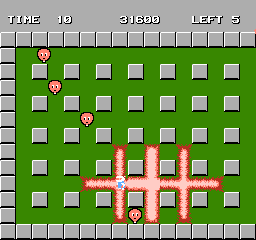
John’s Rating: 2.0 out of 5.0. Playing this game is often a comedy of errors due not only to the scarcity of power-ups, but also to the dull playing fields, touchy bomb placement and ugly graphics. Fortunately, like a surprisingly large number of dull games with redeeming mechanics, it inspired many fruitful, glorious sequels, all equally filled with that awkward moment where you bomb yourself into a wall.
